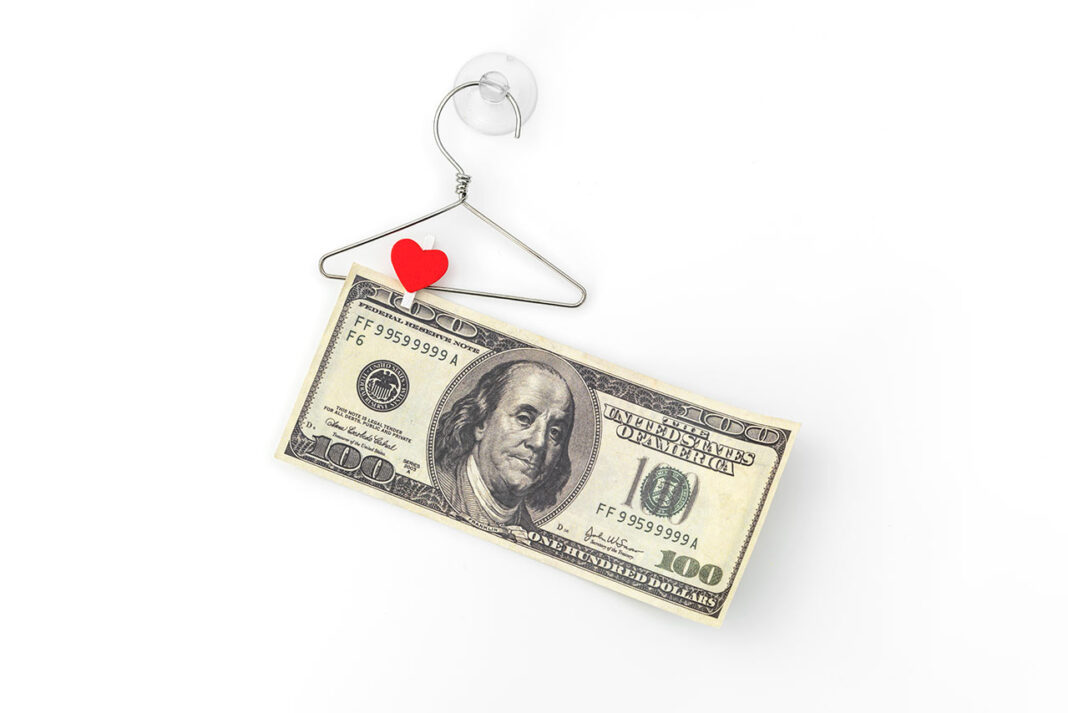If you need to borrow money but don’t want a credit check, there are a few options available to you. The process of borrowing money without a credit check is called ‘no-credit-check lending’ and there are both advantages and disadvantages to this type of lending.
No-credit-check lenders will usually consider your income and employment history instead of your credit score when assessing your loan application. This can be helpful if you have a low credit score due to financial difficulties in the past, or if you’ve never borrowed before and so don’t have a credit history.
However, no-credit-check loans often come with higher interest rates and fees than loans from traditional lenders, so it’s important to compare all your options before deciding on a loan. There are also some steps you can take to improve your chances of being approved for no credit check online payday loans.
If you’re considering borrowing money without a credit check, read on for more information about the process and how to increase your chances of being approved.

The definition of a “credit check.”.
A credit check is when a lender checks your credit history to see if you have defaulted on any loans, had any late payments, or have any other negative information in your credit file. The lender will also look at your credit score to determine your creditworthiness.
The purpose of a “credit check.”.
The purpose of a credit check is to help the lender assess the risk of lending you money. By checking your credit history and score, the lender can get an idea of whether or not you are likely to repay the loan on time.
The process of borrowing money without a credit check.
There are a few options available for borrowers who want to avoid a credit check. One option is to apply for a no-credit-check loan from a direct lender. These loans are also sometimes called payday loans, short-term loans, or cash advance loans. Another option is to use a peer-to-peer lending platform that does not require a credit check. Finally, some traditional lenders may be willing to provide financing without running a credit check if the borrower has collateral or a cosigner.
The advantages and disadvantages of borrowing money without a credit check.
There are both advantages and disadvantages to borrowing money without a credit check. On the plus side, these types of loans can be quick and easy to obtain. In many cases, they do not require any collateral, and they can be used for any purpose. The downside is that these loans often come with high interest rates and fees, and they can be very difficult to repay if you run into financial difficulties.
How to improve your chances of borrowing money without a credit check.
There are a few things you can do to improve your chances of being approved for a loan without a credit check. First, make sure you have all of your financial documentation in order. This includes tax returns, bank statements, pay stubs, and any other relevant paperwork. Next, research lenders who offer loans without a credit check and compare their terms and conditions. Once you’ve found a lender that you’re comfortable with, fill out an application and provide any requested documentation. Finally, wait for the lender to make a decision and hope for the best!
What to do if you are turned down for a loan without a credit check.
If you are turned down for a loan without a credit check, there are still some options available to you. You could try applying for a secured loan, which uses collateral instead of your credit history to determine approval. You could also look into peer-to-peer lending platforms or borrowing from friends or family members. If all else fails, you may need to consider taking out a traditional loan with a lender that does perform credit checks.
Conclusion
The process of borrowing money without a credit check can be difficult, but it is possible to find lenders who are willing to work with you. There are a few things you can do to improve your chances of being approved for a loan, such as having a strong income and a good credit history. If you are turned down for a loan, there are still options available to you, such as finding a cosigner or looking into government programs.












